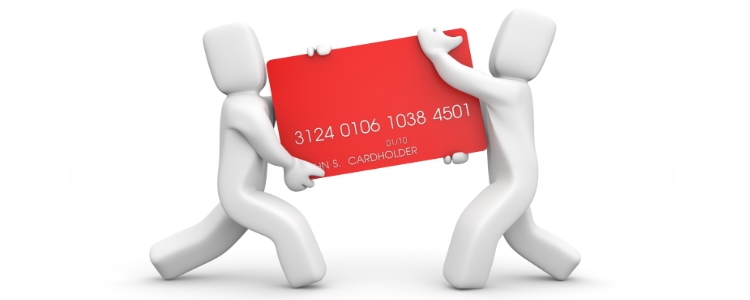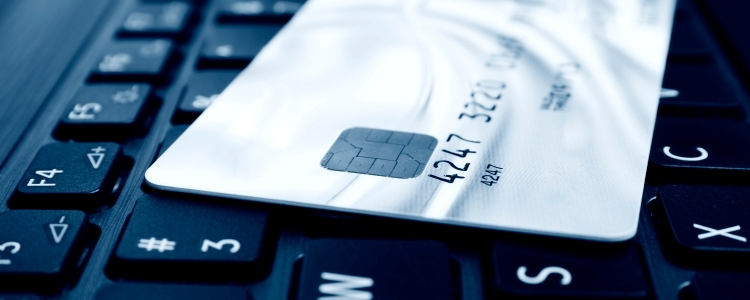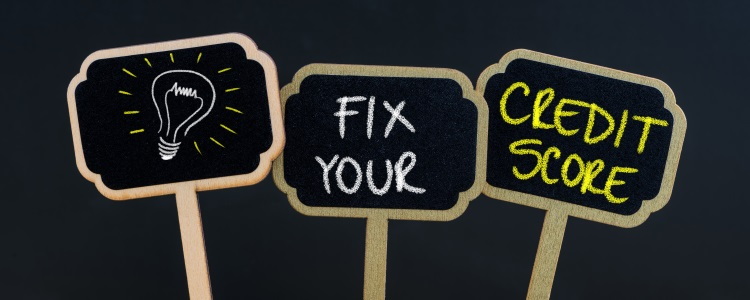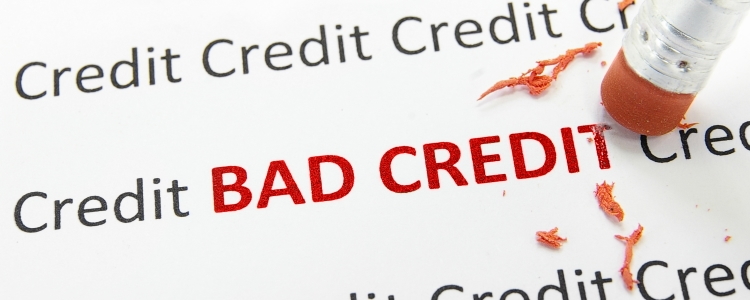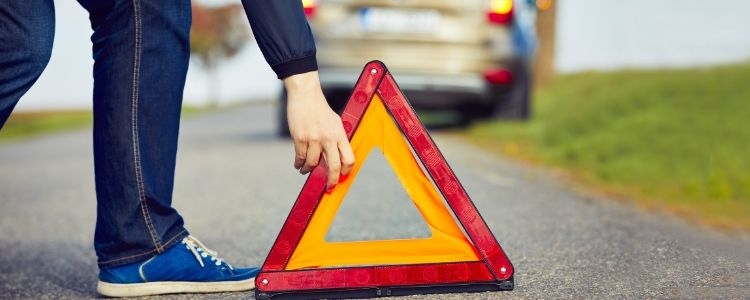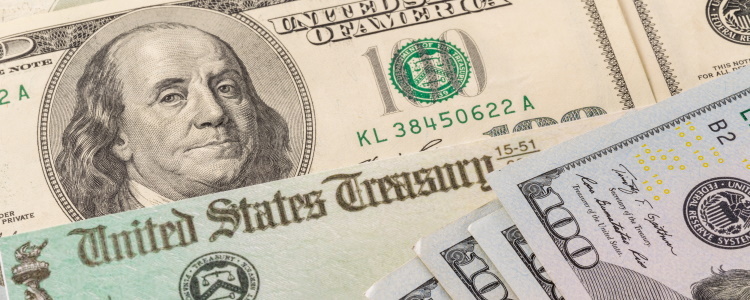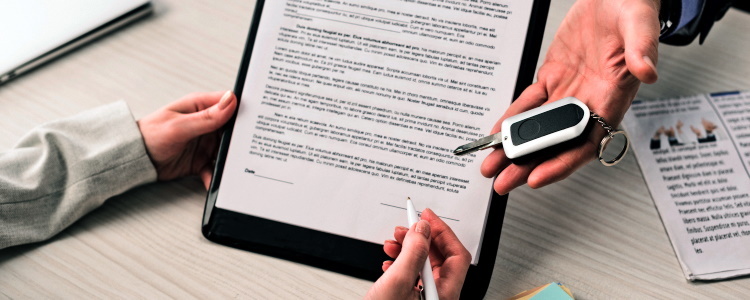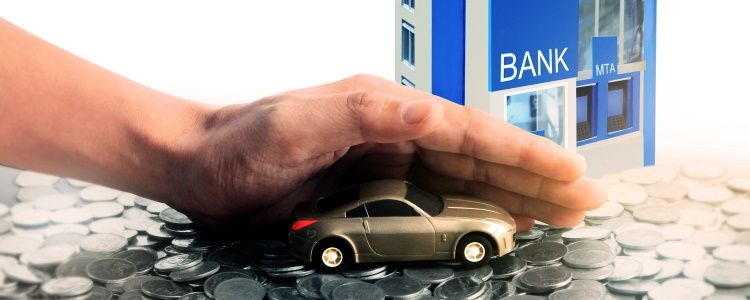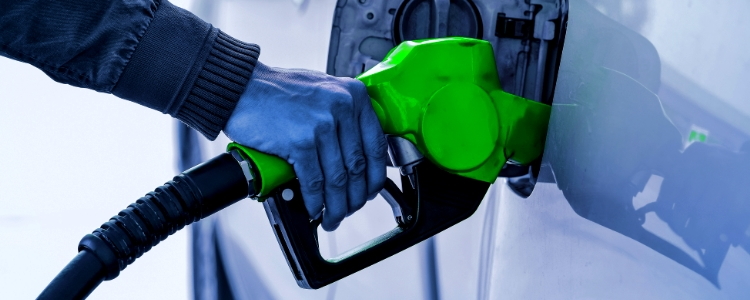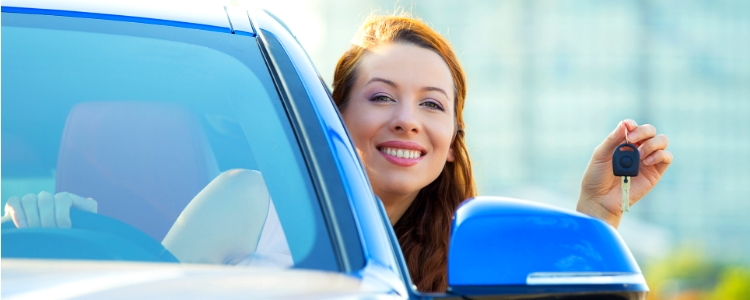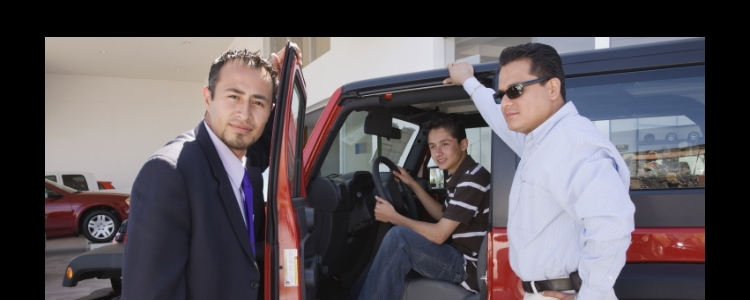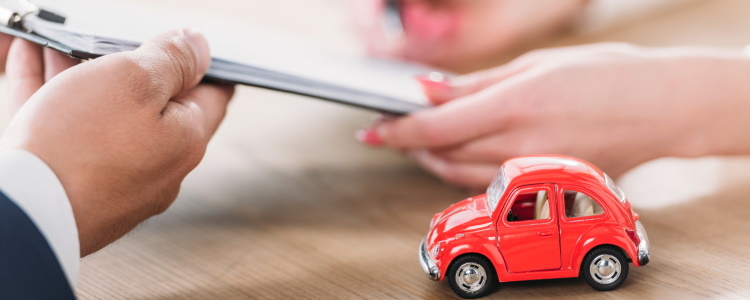Consumers with little or no credit history face a bit of a problem if they're looking to increase or establish their credit: it takes credit to build credit, but you typically need a credit history in order to get credit. Thankfully, there are a few ways people in this situation can get started.
Ways to Establish Credit if You Have No Credit History
 These methods can help you build credit, and they don't require a long borrowing history:
These methods can help you build credit, and they don't require a long borrowing history:
- Secured Credit Cards – Secured credit cards work exactly like the credit cards you're familiar with ("unsecured" credit cards), except they require a deposit to open. Your deposit typically becomes your credit limit, and then you can use your card and make payments on your account to build credit. Do some research into different providers before making a decision and find a lender that reports on-time payments to the credit bureaus and a card with limited or no fees.
- "Credit-Builder" Loans – These small, personal loans are sometimes offered to consumers that want to improve or establish credit. With a credit-builder loan, you get a small loan from a lender with a modest interest rate, but you don’t actually receive the money. Instead, you use it to purchase either a Certificate of Deposit (CD) the bank will hold, or an account similar to a savings account. You then make monthly payments into this account. At the end of the payment schedule, you'll get the account and the money in it. Watch out for high or unnecessary fees when checking out these loans.
- Piggyback Off of Someone's Credit – There are two simple ways piggybacking can be done: (1) you can become an authorized user on somebody's credit card, or (2) you can get a cosigner to boost your chances on a credit application. An authorized user gets the cardholder's positive payment activity on their credit file, while a cosigner can help you get approved for a loan or credit card when you otherwise would've been denied.
Once You Have Credit, Use Responsibly
It won't do you much good if you establish credit only to mismanage your accounts. Instead, you'll want to use credit responsibly to create a positive credit history. Here are some tips to help you do this:
- Make Payments on Time – Among the factors that make up your credit score, your payment history on credit accounts is the most important. Therefore, the best thing you can to do to build good credit is make all your payments on time.
- Keep Credit Card Balances Low – When you keep a balance that's 30 percent or more of your credit card's limit (or if that's the case for all of your credit card balances combined), it hurts your credit score. Do what it takes to keep your balances low, or keep them at zero if you can.
- Be Active with Your Accounts – It may be best practice to keep account balances at zero, but you do need to use your credit cards so your activity is reported to the bureaus. A good tip is to put one expense (such as gas or groceries) on a credit card every month and to pay it off in full before the payment due date. This way, you stay active with the account but don’t get charged interest.
Using an Auto Loan to Build Credit
Not having a credit history makes it harder to get approved for credit, but these tips can help you establish and maintain a positive borrowing history. If you need a car and don’t have much of a credit history, you could also consider an auto loan to get started.
An auto loan is a great way to build credit because it improves your credit mix and is another account where you can make on-time payments. Drivers Lane helps people in unique credit situations find financing by connecting them to a local special finance dealership. You can get started right now by filling out our free online auto loan request form.

